Netball
Things people don’t get about netball
One of my past coaches, Dan Ryan, sent me a text after I announced my retirement recently. He said, ‘You’ve done everything. You’ve grown, you’ve learnt, you’ve evolved, you’ve dominated and now you can rest’.
And I thought, ‘That is bloody right. That’s it. I’ve been through the struggles, I’ve grown and learnt from them, I’ve evolved as a player, I’ve had my years where I’ve played to the best of my ability and now it’s time to rest, which I haven’t done for 15 years’.
And when I take the court for my final-ever Suncorp Super Netball game this Saturday against the Firebirds in Brisbane, I will have no regrets.
It’s not the physical side of netball that’s stopping me playing. It’s all the other stuff that comes with it.
Netball is a job now. It is a very, very big commitment outside of the physical training hours, which are a significant time commitment on their own. There are a lot of extra things that go on – a lot of extra scrutiny, and all the things that come with being a professional athlete. These are all things that footballers have had to deal with for years, and we’re only now getting to that point.
I started my journey 15 years ago back in the Commonwealth Bank Trophy when Liz Ellis was still playing. We were getting paid $50 a game, and I thought it was the best thing in the world.
But I was also able to go and study back then. I had a part-time job, then I’d go to training, and I was able to manage all of that because the sport was less professional back then.
The pay has improved over the years, but not for all players. That’s a really big thing that people don’t realise. Yes, our wages have gone up, but there are still many players in the league who are on minimum wage – which is around $27,000 over a 13-month contract – and that’s not enough to pay a mortgage or your rent and your bills in this day and age.
So there is still a very large chunk of players who need to work, and study and do other things, while playing in the world’s best netball league in a full-time professional sporting environment.
And if, like me, you are one of those players who have to work and juggle everything else, it’s just so hard to do it now, because they expect you at the club for meetings at all different hours of the day.
So I think probably it’s all of those reasons combined, and the fact that I’m 31 now.
A lot of people have said, ‘Oh, you’re so young to be retiring from netball’, and it’s true that I’m young in life, which really excites me. There’s so much more that I can do.
But in terms of netball, I’m actually quite old. I’ve played for 15 years and I think anyone who’s worked in a job for 15 years can relate to that feeling of wondering if there’s anything else out there that will bring you equally as much excitement and passion as your first 15 years did.
So I guess that’s kind of where I’m at.
Also, as a female athlete, you can’t just sit around and think that you’re going to be able to have a family just out of nowhere. You actually have to realise that there is a biological clock that is ticking, and if we want to be able to have our own kids and our own family, that comes into play as well.
That stuff is real. We’re athletes, not robots.
MYTH ABOUT WHY I MOVED
Playing at this level and all the stuff that comes with it has left me feeling mentally drained. It’s definitely the mental fatigue as opposed to the physical fatigue that I’ve started to notice over the last couple of years.
When I was in Adelaide the last couple of years before switching to the Magpies this year, the club was going through a pretty tough time and I was captain. We lost a coach, then got a new one and we had all these different players. It was such a tough, challenging time and I just felt so drained.
As Thunderbirds captain, depending on how we’d gone in our game on the weekend, there’d be phone calls where you’d be there for two hours reviewing the game. That was mentally fatiguing, especially when your side’s losing, because you’re analysing every single little thing that you could have done better and going home and beating yourself up about it.
Playing 60 minutes on the weekend – that was the easy part. But I felt so exhausted from all my other commitments, which is why I was ready to hang the boots up at the end of last year.
The pay has improved over the years, but not for all players. That’s a really big thing that people don’t realise.
But I knew the time wasn’t quite right. I knew I wouldn’t feel right about my decision, because I’d be finishing with some kind of resentment towards the sport for making me feel like this. I thought, ‘I need to be able to finish in a place where I’m feeling happy and still love the game’, and that’s kind of what sparked the move to Magpies.
Some of the speculation around why I moved annoyed me. It sounds so simple, but I literally moved so that I could have fun and enjoy the game again.
Some people thought I went to a cashed-up club, Collingwood, for the last few years of my career to have more money. But little did everyone know, I was actually moving for a minimum-wage contract. There is a salary cap there for a reason and Collingwood abide by it.
NOT ALL FAIRYTALES HAVE PERFECT ENDINGS
Coming to Melbourne, I began studying again as I was thinking about life after sport. I was also working and it was very busy but that was all my choice.
If it was all about the money, I would have stayed in Adelaide. I was an established player and I also have my own business in Adelaide, where I was doing quite well doing coaching clinics.
I was prepared to leave all of that to come to Collingwood because I literally just wanted to have fun again and, being here despite our negative win/loss record this season, I actually have had so much fun. I love the game again now.
I think I struggled with my consistency and my form early in the season but again, I think it was just all those outside factors contributing to me mentally just not backing myself or having confidence. But after 15 years, you don’t just forget how to shoot. I think finally, in the last few rounds, I’ve felt like I’ve been able to get my form back and play how I want to play.
I’m shooting my long shots and they’re going in and it’s feeling really good. Even though we’re not winning, I’m still feeling good about myself and my game and I guess that’s when the decision to retire kind of dawned on me.
Playing at this level and all the stuff that comes with it has left me feeling mentally drained.
Players dream of this fairytale ending to their career, where they win the grand final and they’re on the podium. That won’t happen for me, but I’ve been lucky enough to experience team success and I’m so grateful for that.
I have had three grand final wins. I’ve felt what it’s like to play for your country and win gold, and as a kid, that’s what I dreamed of and I achieved that. Now, I’ve got goals for the rest of my life. Life is short and I’ve got to go out and achieve them! I’ve got to do these other things.
And at the end of this season, I’m finally enjoying my netball again. I’m having fun and I’m playing a brand of netball that I’m proud of.
That, for me, is a win and that’s the fairytale in itself.
I can now finish the sport on my own terms going, ‘You know what, I love netball still!’ After 15 years and everything it’s done to me, I frickin’ still love it. How good’s that?
The Magpies don’t have a coach for next year yet, so it was never because of a contract negotiation or lack of. It’s not about that at all. It’s about me making my own decision.
If I played another year, what would I be trying to achieve? I came to Collingwood and I did what I set out to do, which is to enjoy the game again. I’m happy with that. That’s it.

cheers and tears
It’s great that the league has brought in measures to help mothers, like paying for a partner’s travel and for carers and so on. I also think it’s great that people like Bec Bulley have been able to come back to Suncorp Super Netball after having a baby.
Bec’s playing the best she’s ever played, and the support she’s had from the league and Netball NSW has obviously been amazing.
But you still actually have to have the baby! And there’s only a small proportion of players who can do that. People like Bec and Renae Ingles and Laura Geitz are some of the best players in the league ever, anyway. It’s not just your average player who can come back successfully as a mother, because the league is so competitive.
Obviously, the more support you have, the better off you are. Having financial stability is huge in netball, because netball doesn’t give most people financial stability.
Having a baby is not on the immediate agenda for me, but it is at some point, and I’m conscious of the fact that there are so many other things that we can achieve in a lifetime.
Right now, I’m looking to start a career in teaching. I did an exercise/sports science degree years ago and graduated in 2009. I got that done while I was playing for the Swifts and eight years later, decided I don’t really want to do that anymore. Teaching is what I do want to do.
Because my undergrad was a science degree, I got lots of science credits, so I’m going to do science teaching instead of PE but, hopefully, I’ll get to do PE as well.
I can now finish the sport on my own terms going, ‘You know what, I love netball still!’ After 15 years and everything it’s done to me, I frickin’ still love it. How good’s that?
We’re going to stay in Melbourne. My partner’s family is in Melbourne; we’re going to stay so I can finish my degree off and spend a little bit of time working on my business. I’ll be able to go back to Adelaide and continue coaching there as well, which is a huge passion of mine.
I don’t know if I’ll be able to map out exactly what I’m going to do, but between my studies and taking care of my own business, I think I’ll still be pretty busy. Hopefully other coaching opportunities pop up in Melbourne, whether it’s around the club or in schools or something like that. I’ve got a lot of knowledge and a lot of experience that I’d like to be able to share with other people, so that they can have the same career and dreams that I did.
I think I’ll be excited and probably emotional on Saturday before my last game, but I’ll definitely keep the emotions in, because there’ll be a time and place for that after the game.
I’ll just be excited to play competitive netball one last time. I’ve come to love this sport again and I love this team that I’m a part of. I love how we play and hopefully we can finish on a high.
The tears will come after that, and I’m sure I’ll have a few quiet moments with my family and just reflect on my career afterwards. It’s going to be a happy feeling. I won’t be sad, because I know it’s the right decision. It’ll be good. I’ve just got to get on with it.
I’ve been a Diamond and played at the very top of the sport. I’ve done the best I could and tried every week to be the best in every aspect of life. After a while, you have to accept you can’t do it all anymore.
And I’ve finally come to the realisation that that’s OK.
More about: Adelaide Thunderbirds | Collingwood Magpies Netball | Diamonds | Laura Geitz | Liz Ellis | Mental health | NSW Swifts | Queensland Firebirds | Renae Ingles | Retirement | Sharni Layton | Super Netball | Women's Sport
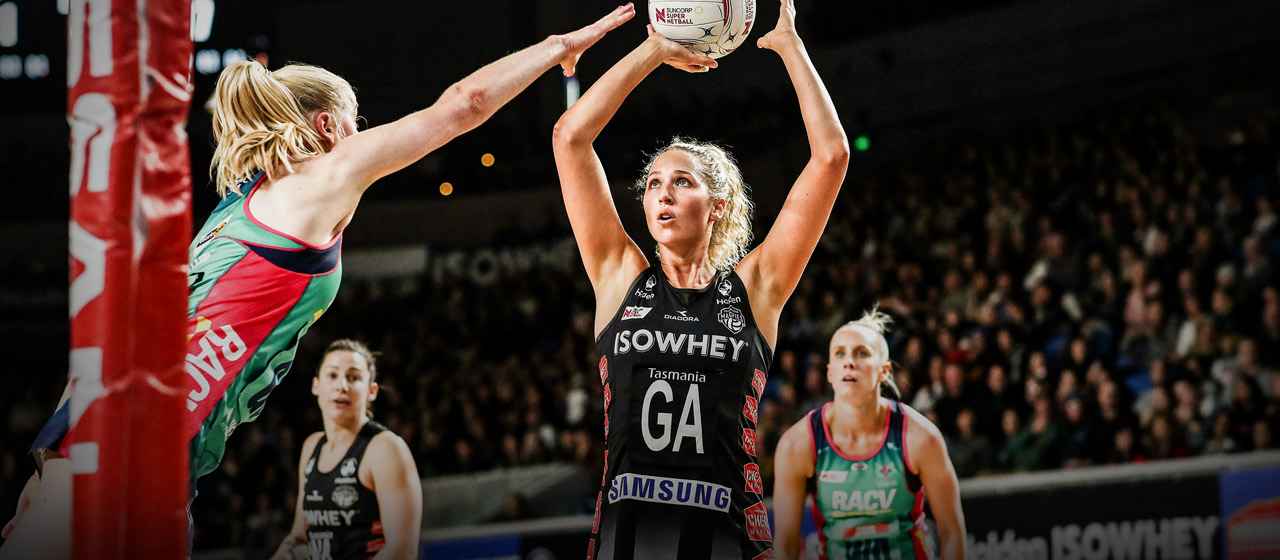
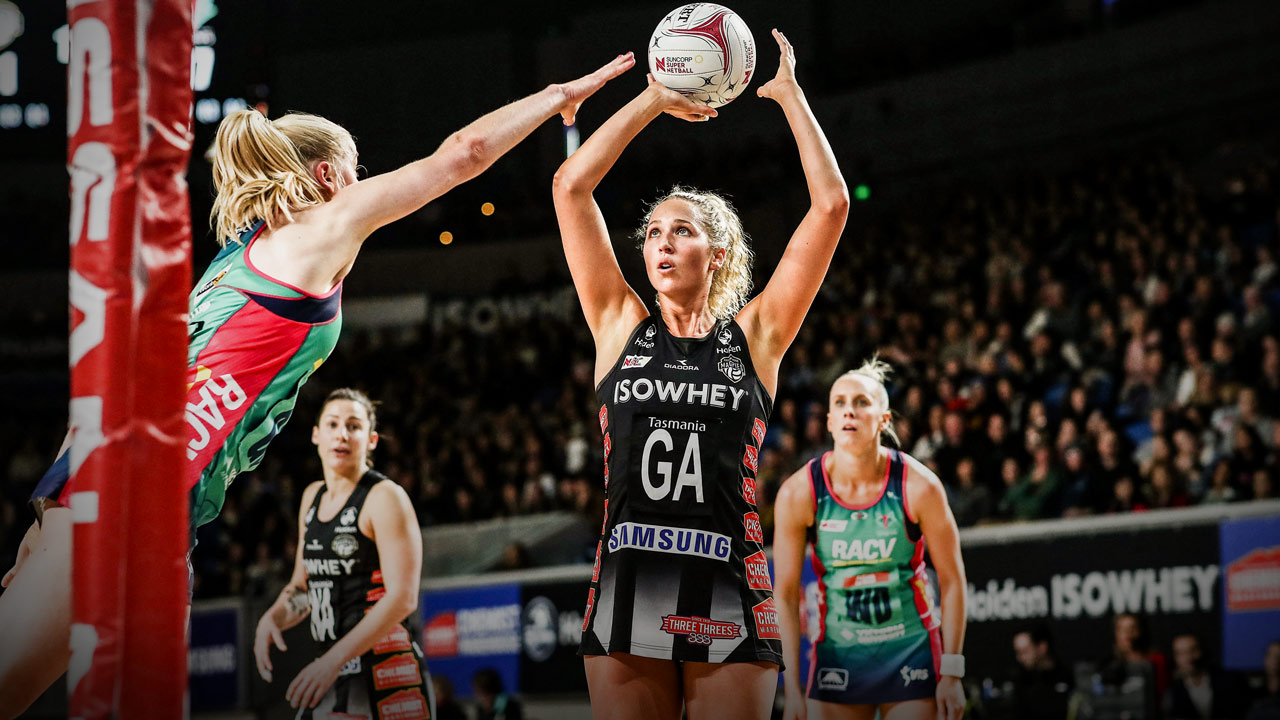
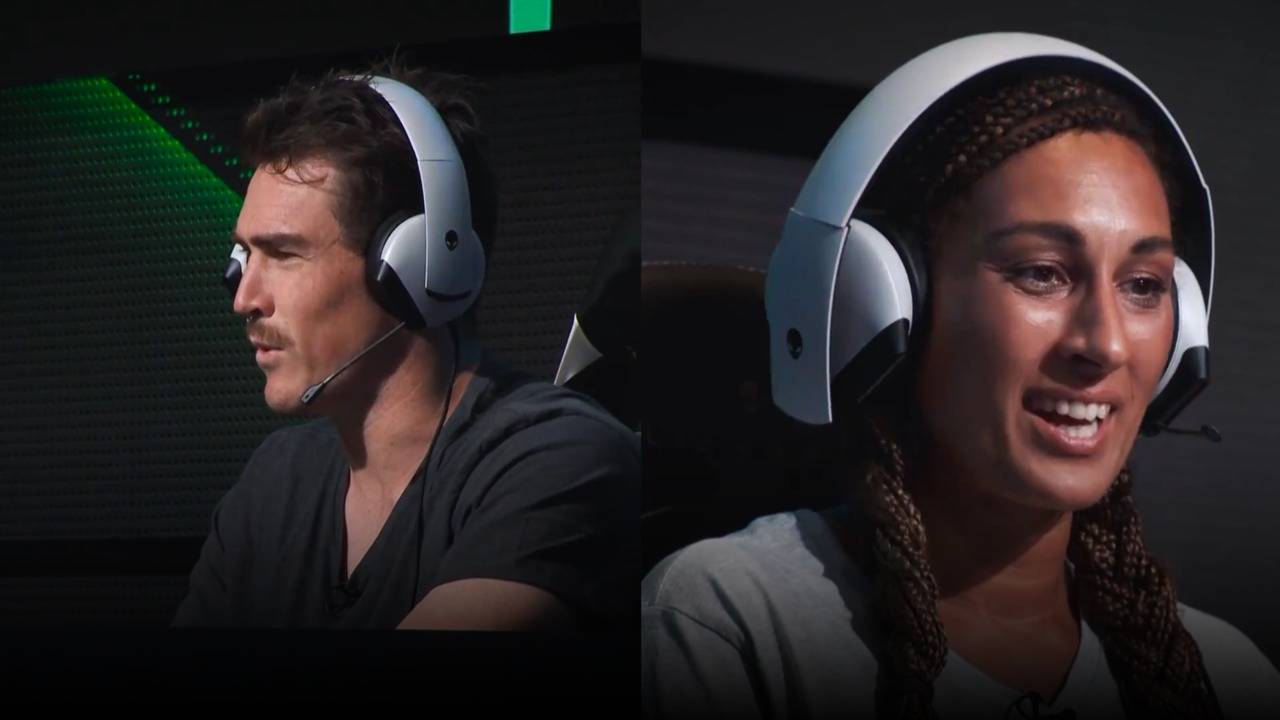
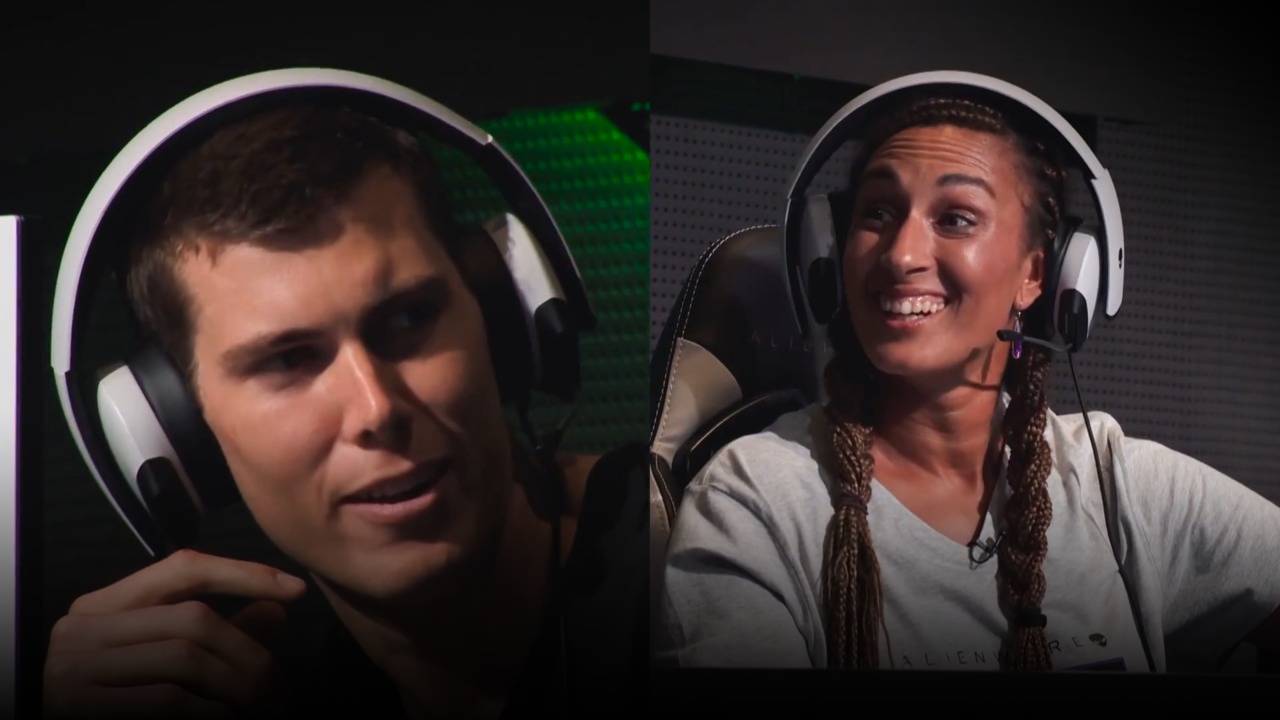
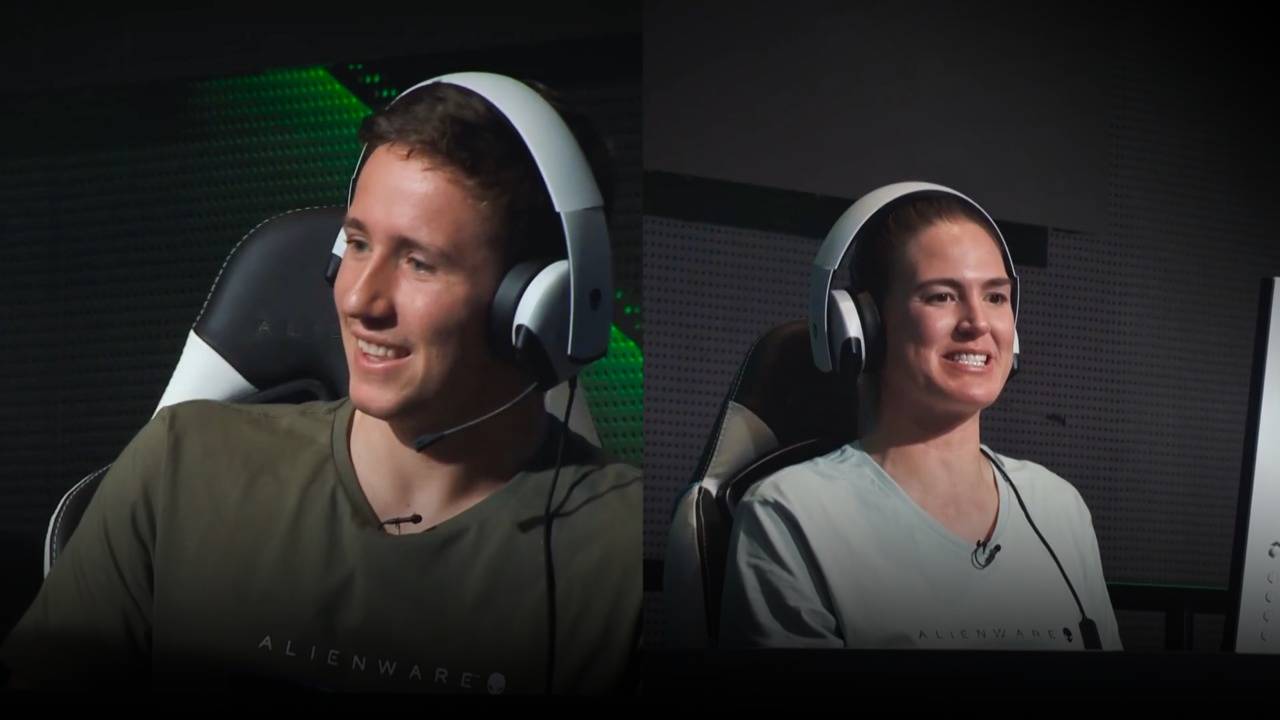
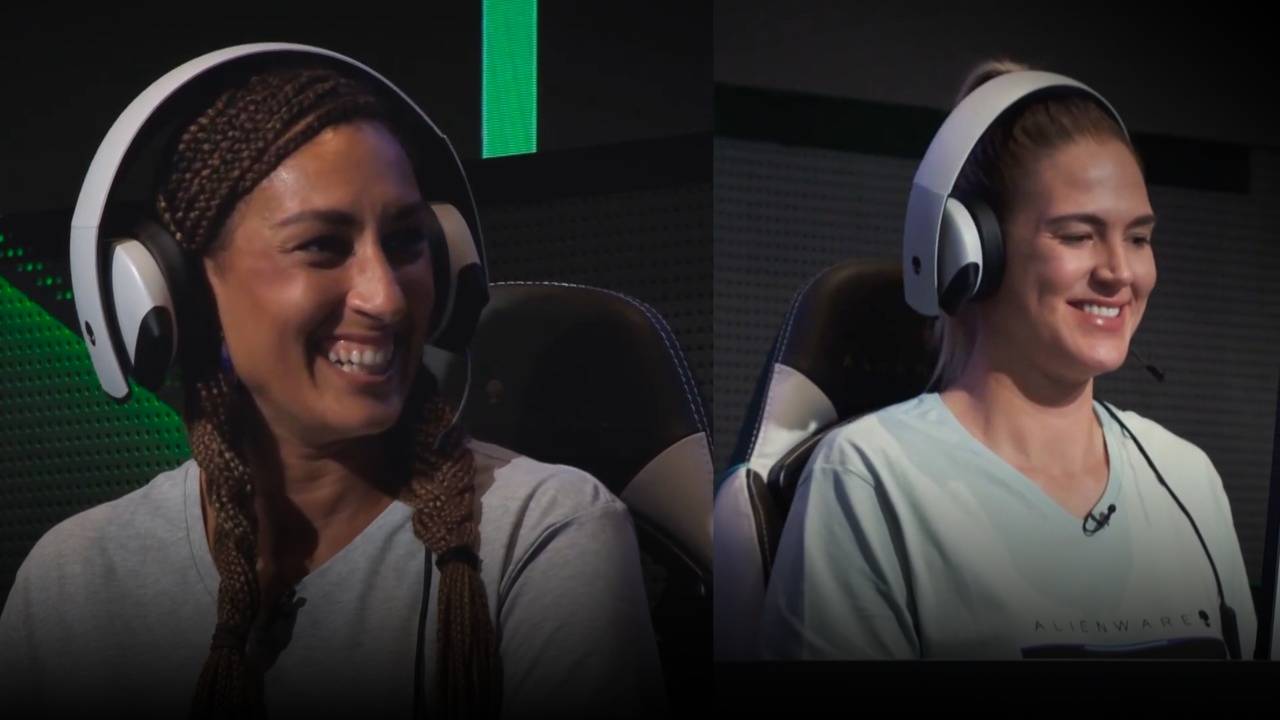
 Load More
Load More